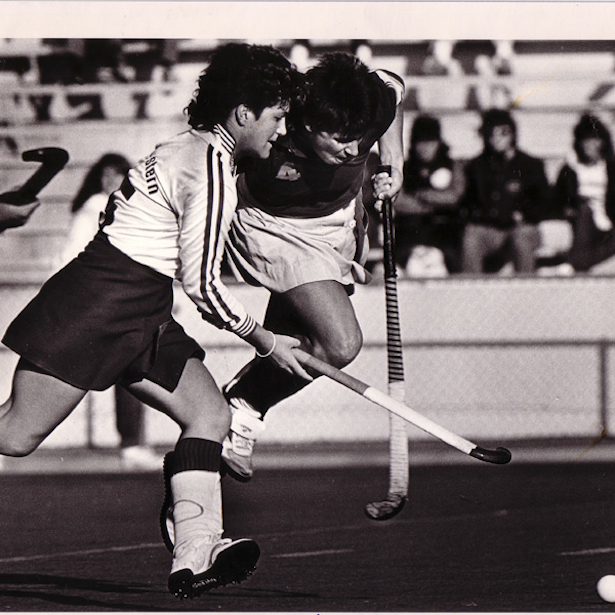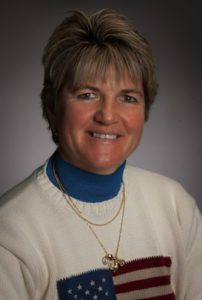Power Of IX: Wendi Kemp

ESPN employs plenty of former sports stars, but many of them work behind the scenes and rarely — if ever — are on-air.
Meet Wendi Kemp, ESPN’s Assistant Chief Counsel.
At various points of her high school and college athletic careers, Kemp excelled at three different sports: basketball, lacrosse, and field hockey. She is a member of four different athletic halls of fame.
The Cheshire, Conn. native has been inducted into the Connecticut Women’s Basketball Hall of Fame and Connecticut Field Hockey Hall of Fame. Both of those citations came from her accomplishments in those respective sports at Cheshire High School, which also honored her with a similar tribute.
In 2006, Northwestern University celebrated Kemp’s accomplishments in field hockey and lacrosse with her induction into its Athletic Hall of Fame.
She’s come a long way since 1974, when she became the first girl allowed to play flag football in Cheshire’s organized leagues.
As ESPN recognizes the 40th anniversary of Title IX, Front Row asks Kemp — who joined ESPN in 2006 — about her perspective.
Describe your job at ESPN for the layperson.
I am a member of ESPN’s Legal Department and my principal function is to advise Human Resources and other ESPN business segments regarding all labor and employment issues; draft contracts for personal services; manage employment-related litigation; and secure nonimmigrant and immigrant visas for ESPN employees and independent contractors.
In 1974, you were recognized as the first girl to play flag football in Cheshire, Conn.’s organized youth leagues. Tell us about that.
The father who coached the flag football team that the neighborhood boys played on saw me playing football with all of the boys. He asked me if I would play on their flag football team and I said sure. On offense, I played receiver and on defense, I played defensive back. Playing football with the boys was important because there was no flag football league for girls and I liked playing football.
You were a sports pioneer two years after Title IX became law. Do you recall when you became aware of Title IX’s meaning?
I first learned about Title IX from my fifth grade teacher, Robert Smith. He told me that because of Title IX, I would have my choice of sports to play in high school and the opportunity to attend college on an athletic scholarship. He was right!
How have you seen women’s sports coverage evolve on ESPN and do you ever wonder, ‘If I was playing now . . . ?’
I do wonder sometimes about what it would have been like to play today versus in the 1980s, but that has more to do with several favorable rule changes in the sports I played rather than the media coverage today.The biggest growth I have seen is in ESPN’s coverage of women’s college sports. I particularly enjoy the coverage of the Women’s NCAA Tournament and the College World Series for Women’s Softball.
Which sports do you pursue now as a participant?
I play basketball and soccer with my nephews, I have run marathons but have to stick to shorter distances now, I play some tennis and I play a lot of golf.









